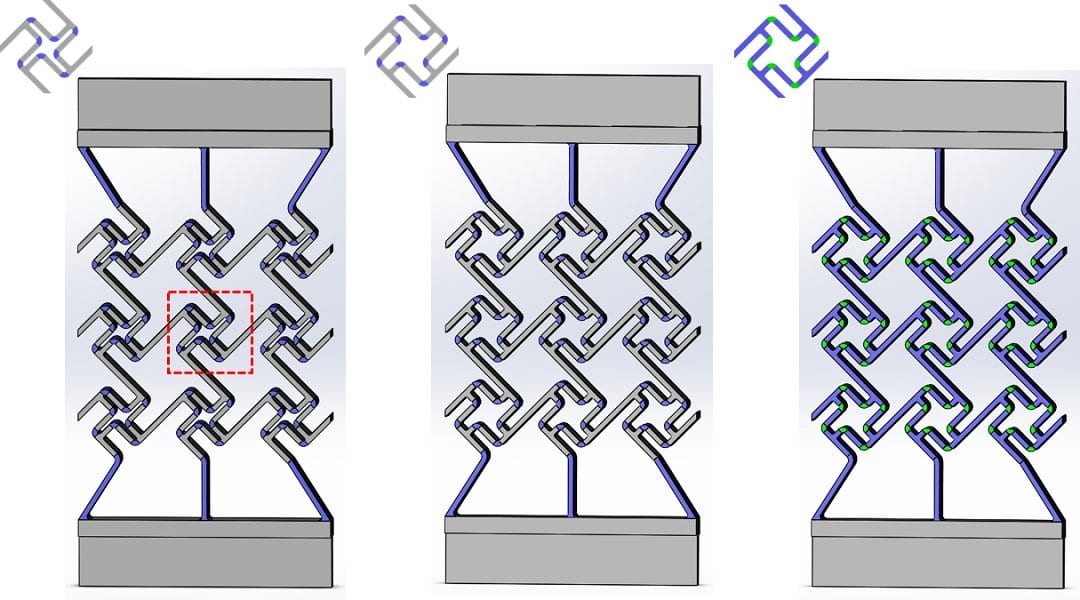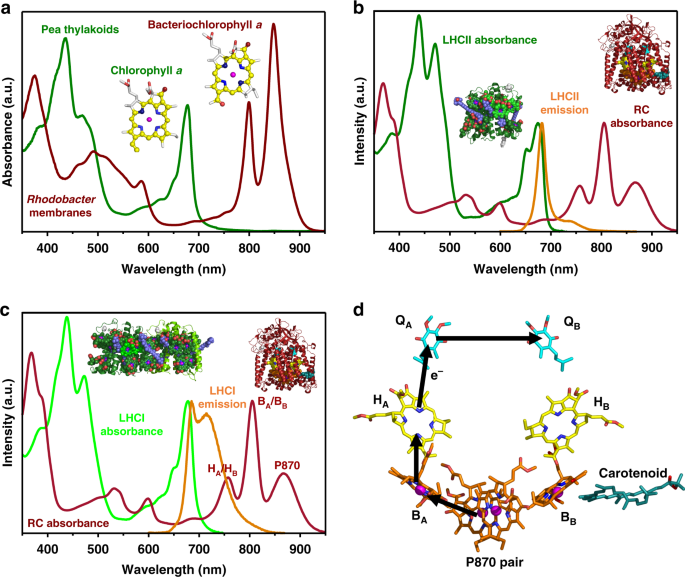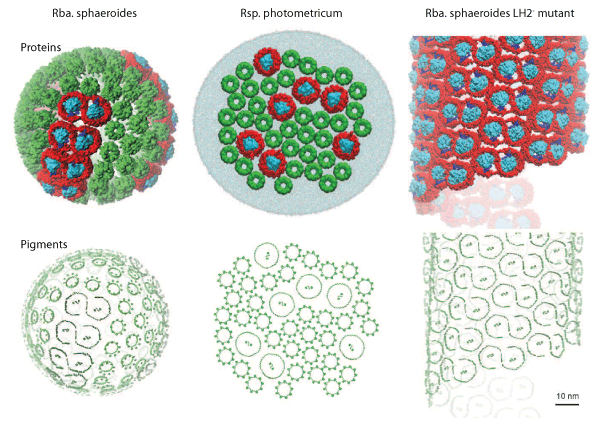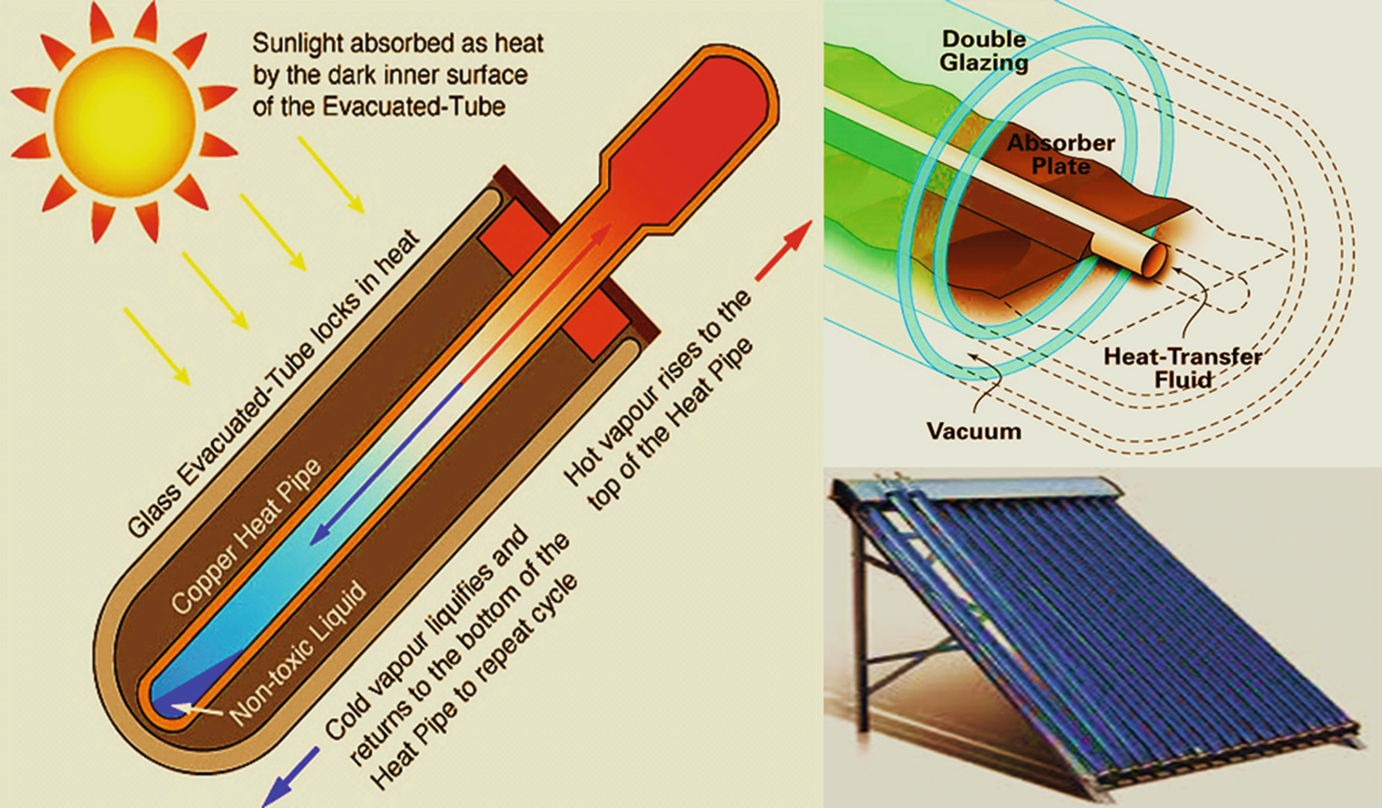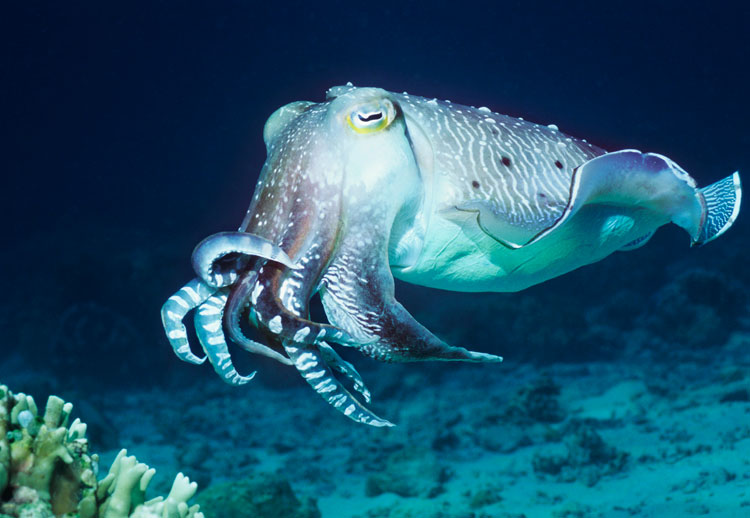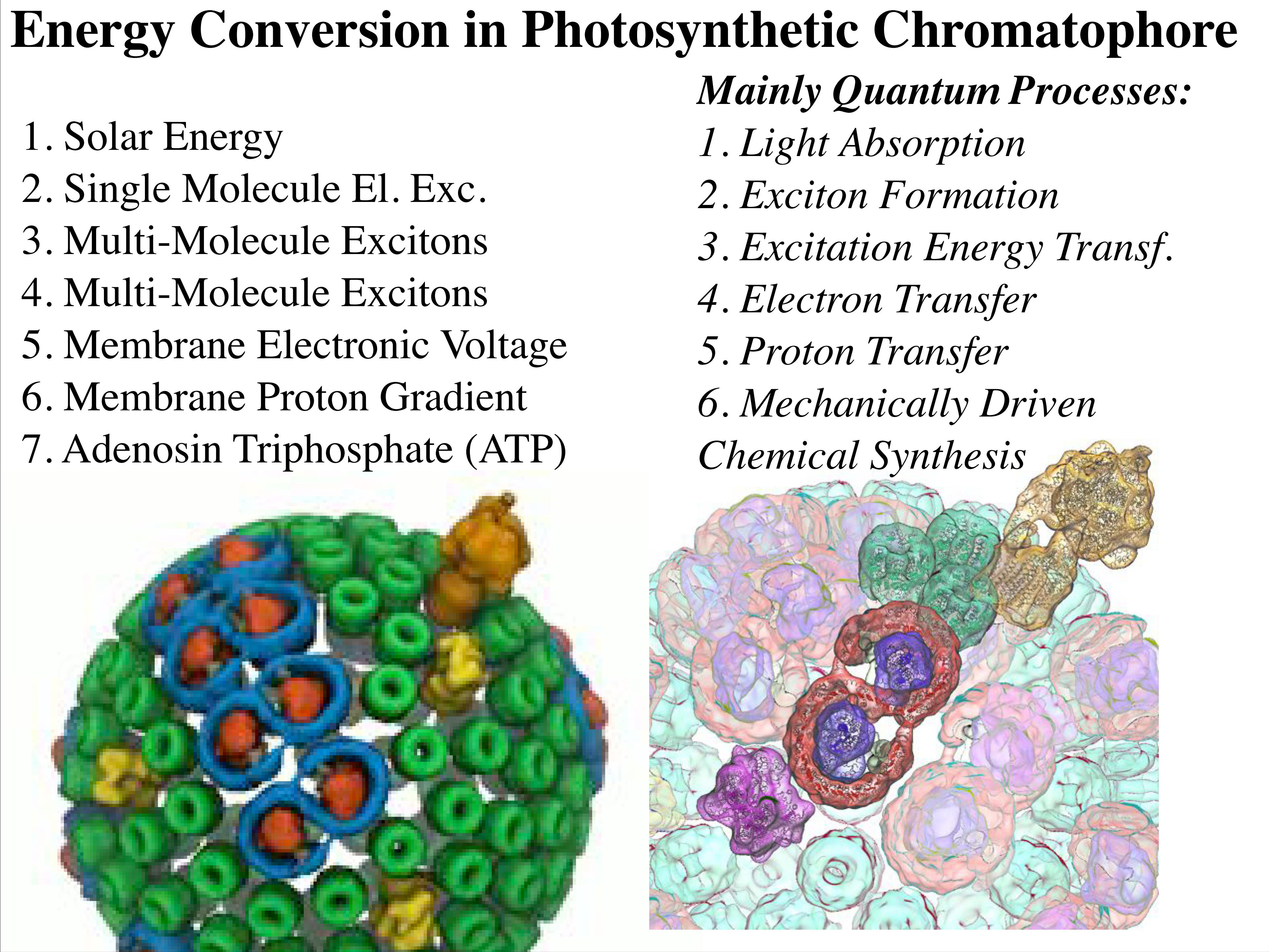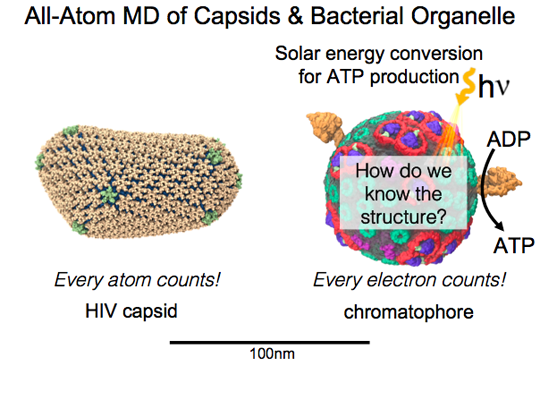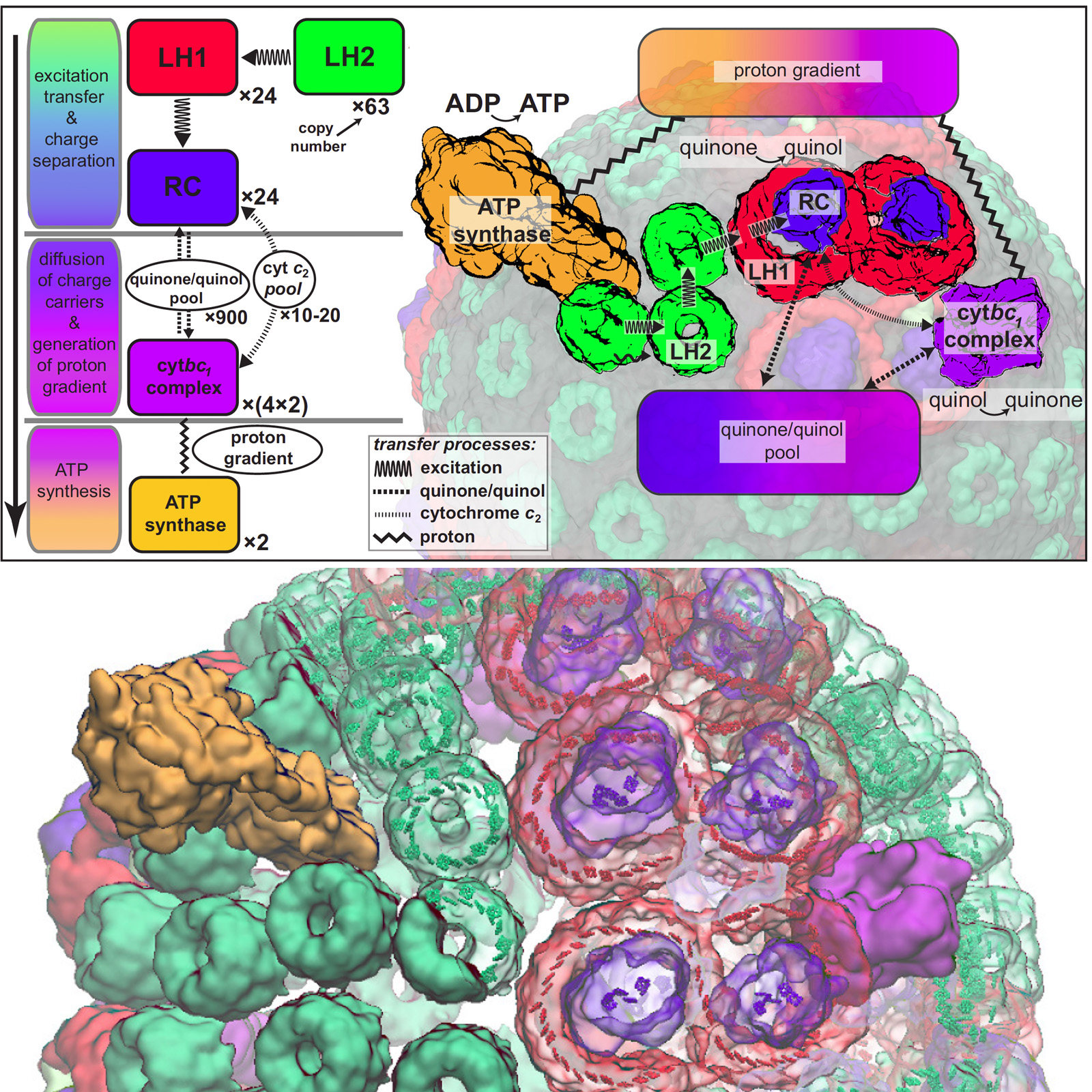Chromatophores contain pigment granules that move within them giving them an appearance that ranges from spotted to fibrous on the five stage scale that is widely used to measure the degree of chromatophore expansion.
Chromatophores solar panels.
The chromatophores of the photosynthetic bacteria r.
When illuminated the chromatophores use the energy derived from light to form.
Chromatophore pigment containing cell in the deeper layers of the skin of animals.
The motor neurons innervating the chromatophores are located in motor centers in the central nervous system the chromatophore lobes of the subesophageal brain boycott 1953 1961.
Rubrum retain a membrane bound inorganic pyrophosphatase which is able to catalyze both the synthesis and the hydrolysis of pp i.
Making contact octopuses have thousands of color changing cells under their skin called chromatophores that can change colors almost.
A chromatophore are specialized cells which can contain or produce pigment or reflect light in a specific way to create a certain desired hue.
Role of water activity in the process of energy transduction by different enzymes.
The distribution of the chromatophores and the pigments.
They are found in cold blooded animals like fish amphibians reptiles crustaceans and cephalopods along with certain bacteria.
The clip is from an upcoming pbs tv show called octopus.
Chromatophores are largely responsible for generating skin and eye colour in ectothermic animals and are generated in.
Young 1971 at least 10 nerves from the brain carry chromatophore fibers to the periphery apparently without interruption and the areas of the skin surface so innervated are fairly discrete froesch 1973.
A wide range of applications of eaps have been proposed they include.
Mammals and birds in contrast have a class of cells called melanocytes for coloration.
Robots actuation 13 14 15 16 rotational motors 17 flapping wings 18 19 valves 20 21 actuators for biological cells.
Current interest in natural photosynthesis as a blueprint for solar energy conversion has led to the development of a biohybrid photovoltaic cell in which bacterial photosynthetic membrane vesicles chromatophores have been adsorbed to a gold electrode surface in conjunction with biological electrolytes quinone q and cytochrome c.
Chromatophores are pigment containing and light reflecting cells or groups of cells found in a wide range of animals including amphibians fish reptiles crustaceans and cephalopods.

